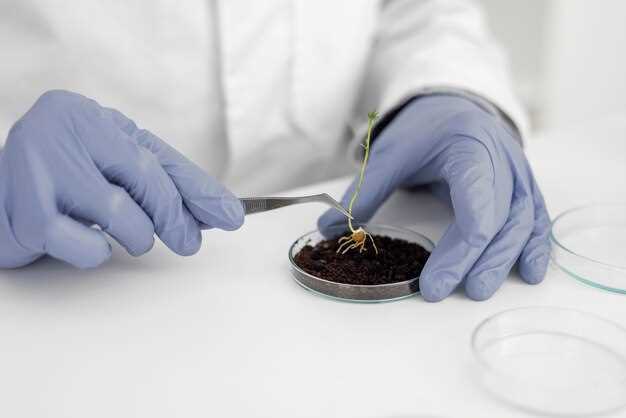
In the realm of pharmaceutical scrutiny, delving into the harmony of formulations is paramount. Discover the intricacies of comparative analysis, navigating through the channels of regulatory evaluation, and unveiling the synergy between formulations. Dive deep into the labyrinth of pharmaceutical equivalence, where scrutiny meets innovation, and efficacy intertwines with assurance.
Clopidogrel Bioequivalence
Importance of Bioequivalence Studies

Understanding the significance of ensuring comparability in pharmaceutical formulations is paramount in contemporary drug development. Bioequivalence studies serve as a cornerstone in this pursuit, playing a pivotal role in guaranteeing the effectiveness and safety of medicinal products.
The Essence of Equivalence

At the heart of bioequivalence investigations lies the fundamental principle of equivalence assessment. These studies aim to ascertain the similarity in performance and efficacy between different formulations of medications, thus ensuring consistency in therapeutic outcomes for patients.
Ensuring Therapeutic Consistency
By meticulously evaluating the interchangeability of pharmaceutical formulations, bioequivalence studies provide invaluable insights into the pharmacokinetic and pharmacodynamic profiles of medications. This comprehensive analysis fosters confidence among healthcare professionals and regulatory authorities alike, ultimately bolstering public health.

